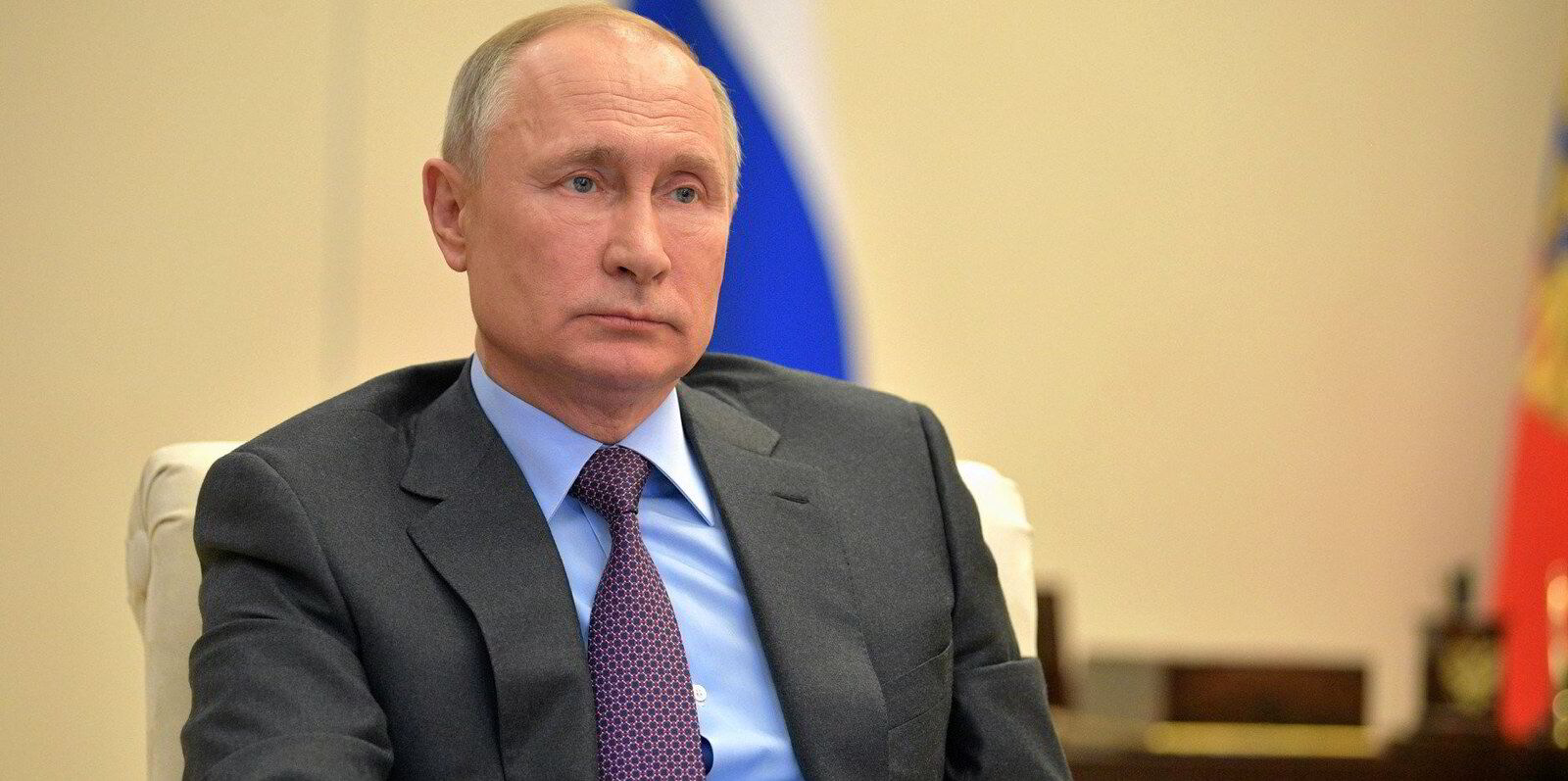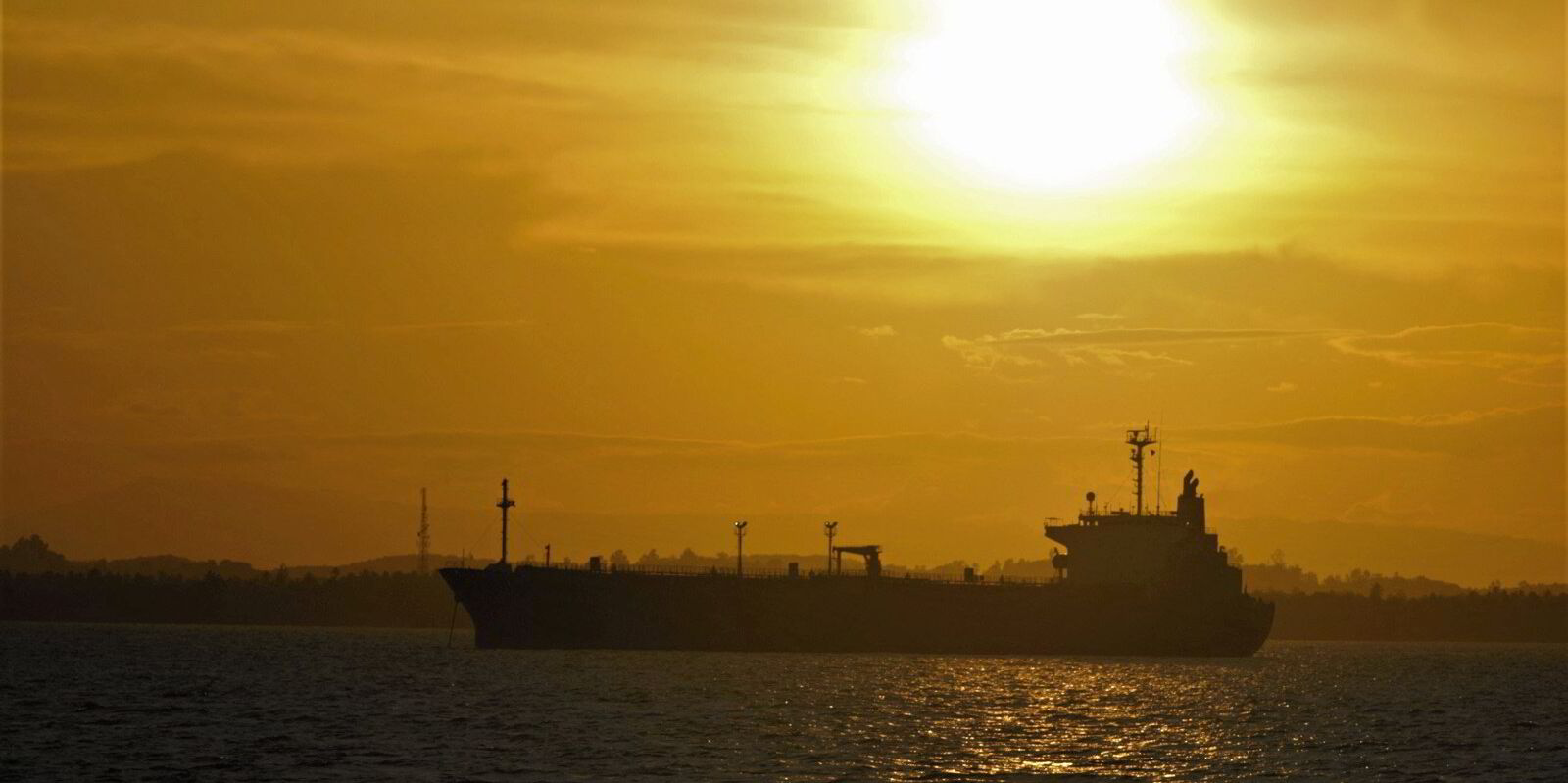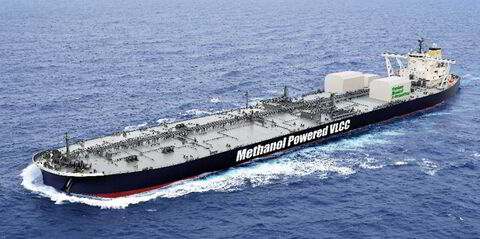More than 50 UK-linked companies have been put under investigation for suspected oil price cap breaches since the scheme started in 2022, but no one has been fined, the British government has revealed.
A freedom of information request by the BBC found that 37 of those investigations were still live in August and 15 had been finished. The figures suggest a sharp increase in cases since TradeWinds filed a similar request earlier this year.
The G7 oil price cap, first set in December 2022, was designed to limit Russian proceeds from fossil fuel sales by barring Western service providers from involvement in shipments when crude cargoes were sold above $60 per barrel.
But some Western shipping companies and insurers continued their involvement in the trades when market prices rose above the cap level, by relying on documents provided by traders showing that they remained within the scheme.
Campaign groups and the Ukrainian government have called for greater enforcement.
Anti-corruption organisation Global Witness said the oil cap was failing to crack down on rule-breaking and called for bold action.
Louis Wilson, the group’s fossil fuel investigator, told the BBC that if the UK government “prevents British businesses from enabling Putin’s profiteering, then I think you’ll start to see others following that lead”.
TradeWinds revealed earlier this year that the UK’s sanctions regulators had recorded only 21 cases of suspected UK-linked evasion in the first 16 months of the price cap scheme.
Twelve investigations were ongoing in April 2024, but it was not clear how many companies were involved in those probes. Details of the companies under investigation were not revealed.
The number of cases can only be revealed after TradeWinds successfully challenged the government’s refusal to reveal even basic details of investigations into alleged price cap breaches amid widespread concerns over the effectiveness of the scheme.
The Treasury had claimed it was not in the public interest to release such data, because it could help those “attempting to evade or breach” the cap.
But following the TradeWinds challenge, it accepted that more information could “address concerns regarding the effectiveness” of the regulator and the sanctions regime.
The International Group of P&I Clubs, which represents clubs with nearly 90% of oceangoing tonnage, said earlier this year that 800 ships had left their books owing to compliance burdens of the oil price cap, which it described as flawed and increasingly unenforceable.
The Financial Times revealed this week that a British financier, John Ormerod, backed by Russian money, was behind a series of purchases of ships that ended up in the shadow fleet.
Shipbroker Braemar told the newspaper it was involved in some of the deals. Law firm Watson Farley & Williams acted as the escrow agent on behalf of the seller on some deals.
There was no suggestion that any laws had been broken, and the companies said they had carried out full due diligence checks.
Braemar shares continued to drop on Friday. The stock has lost 10% of its value since the story broke.
Read more
- UK refuses to reveal price cap probes amid trickle of industry reports
- Exodus: 800 tankers exit P&I clubs as insurers slam ‘unenforceable’ Russia price cap
- Greek war ship joins anti-Houthi action, downing drones off Yemen
- Disaster waiting to happen: Finnish owners warn on Baltic shadow fleet risk
- One-fifth of Russian-trading tankers rejecting help of Danish pilots





